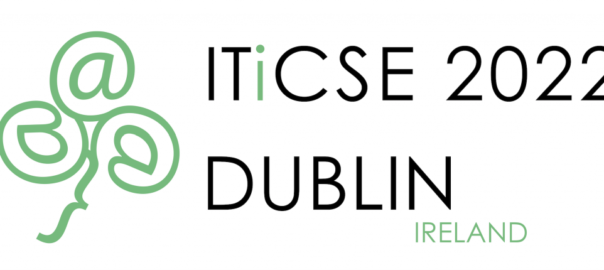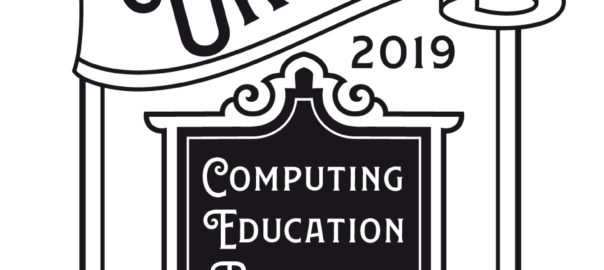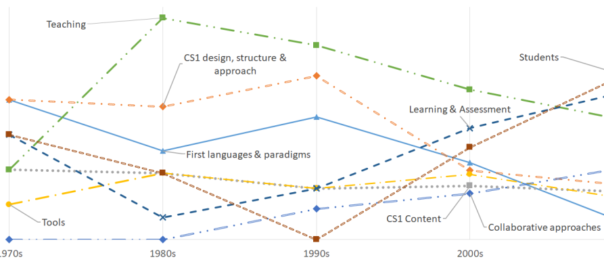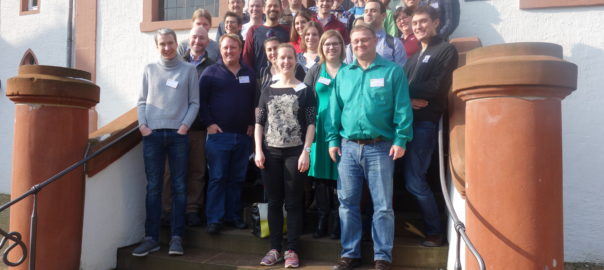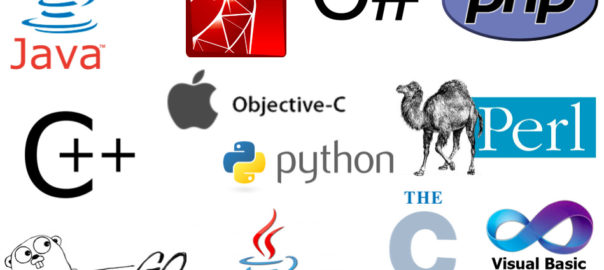This is a final call for my survey of Introductory Programming modules (courses) at third-level institutions in Ireland and Northern Ireland. If you happen to teach a current Introduction to Programming course (during any semester) I would really appreciate if you would be willing to complete the survey (https://www.surveymonkey.com/r/Ireland_CS1). If you don’t teach on an intro course, but know someone who is, I would similarly appreciate you spreading the word!
The survey will close on April 15. If you have already completed the survey, thank you!
The details:
I am interested in modules at Universities, Institutes of Technology as well as private colleges. This survey is motivated by surveys already undertaken in Australia and New Zealand (http://dl.acm.org/citation.cfm?id=2667507) and the UK (https://repository.cardiffmet.ac.uk/handle/10369/8417) over the past number of years. The questions in this survey closely follow the questions in the latest UK and Australasian surveys to allow us to compare trends in Ireland to those in the UK, Australia and New Zealand. I am very grateful to Ellen Murphy and James Davenport of the University of Bath who generously provided us with their survey questions.
The survey is designed to determine what languages, tools, and paradigms are in use in Irish introductory programming modules and the reasons for these choices. It is hoped that this survey will be taken on a regular basis so that a clearer picture of trends in this area can be created to help those involved in teaching introductory programming.
If you are an introductory programming lecturer I would very much appreciate you completing this survey and I would also appreciate if you could share this link with others at your institution (or elsewhere in Ireland) that teach introductory programming.
The survey is here: https://www.surveymonkey.com/r/Ireland_CS1
If you have any questions, you can contact me here.
Like this:
Like Loading...
